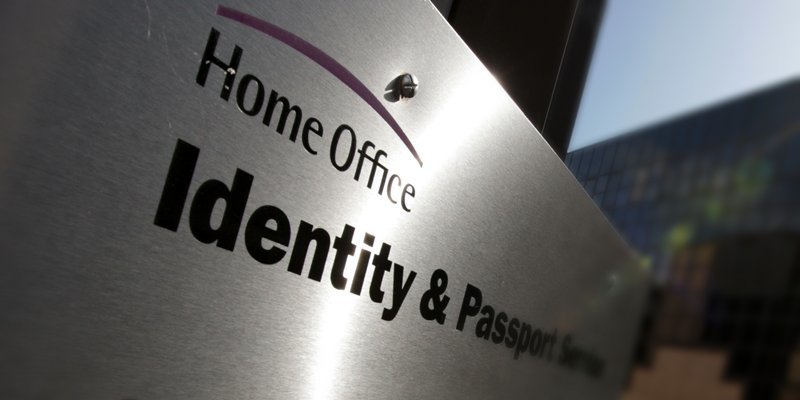Student leaders in St Andrews have accused the UK Government of targeting students who bring considerable investment to the country as it attempts to slash the number of migrants.
In December, the Home Office announced a reform to the visa system, which will focus on students.
Two-thirds of migrants who enter the UK every year come on student visas and the reform would see tens of thousands of students forced to go home after they graduate.
Tougher entrance criteria are also proposed for non-EU residents coming to Britain to study, as well as limits on their right to work.
The St Andrews University Students’ Association called the proposals a “desperate attempt” to meet the government’s target for cutting immigration.
President Owen Wilton and director of representation Siena Parker said, “International students represent an easy target, and the policy is in fact potentially hugely damaging to the UK higher education sector at a time when it is already under pressure from radical reform and central teaching cuts.”
Some 31% of students at St Andrews are from overseas and the association has warned that the changes will deter future applicants.
The association consulted students on the proposals and intends to write to home secretary Theresa May.
Mr Wilton and Ms Parker said, “The policies target a group of students who drive considerable investment into the UK economy and reinforce the UK’s powerful position as a global hub for academe, banking, trade and the arts.
“We believe that, if implemented, the policies will deliver a serious blow to this reputation-the ‘best and the brightest’ will look elsewhere for a European education.”CompetitivenessThey added, “The calibre of these international students directly contributes to the competitiveness of the UK workforce. In cosmopolitan universities, such as the University of St Andrews, all students … derive huge benefit from working in a diverse community of cultures, languages, religions and experiences.
“The home secretary’s proposals appear to discriminate against international students and reduce the value these students bring to the UK, financially, academically and culturally.
“The perception that international students will not be welcome in the UK is already taking shape.”
According to the association, Scottish universities raised £188 million from international student feeds in 2007-08, while international students account for around £16 of every £100 of universities’ income from teaching grants and contracts.
The three areas of greatest concern to international students in St Andrews were the potential abolition of the right to work in the UK for two years after their studies, limits on the rights of students and their dependents to work during their studies and the proposed requirement that students return home to reapply for an extended visa.
Restrictions on working to support their studies would hit international students in St Andrews particularly hard, the association said, given the high costs for accommodation in the town, and it would prevent some from taking up scholarship places.
Immigration minister Damian Green defended the plans yesterday, stating that too many bogus students were coming to stay in the UK.
He said, “There will be a greater emphasis on quality and we shall drive abuse out of the system. The primary objective of studying in the UK must be to study, not to work or to acquire long-term residency status.”
Mr Green told the Reform think-tank that 91,000 people to the UK in the last year to study at institutions not verified as “highly trusted” and added, “The potential for abuse is clearly enormous.”
The government has pledged to cut net migration from 200,000 to fewer than 100,000 by 2015.
